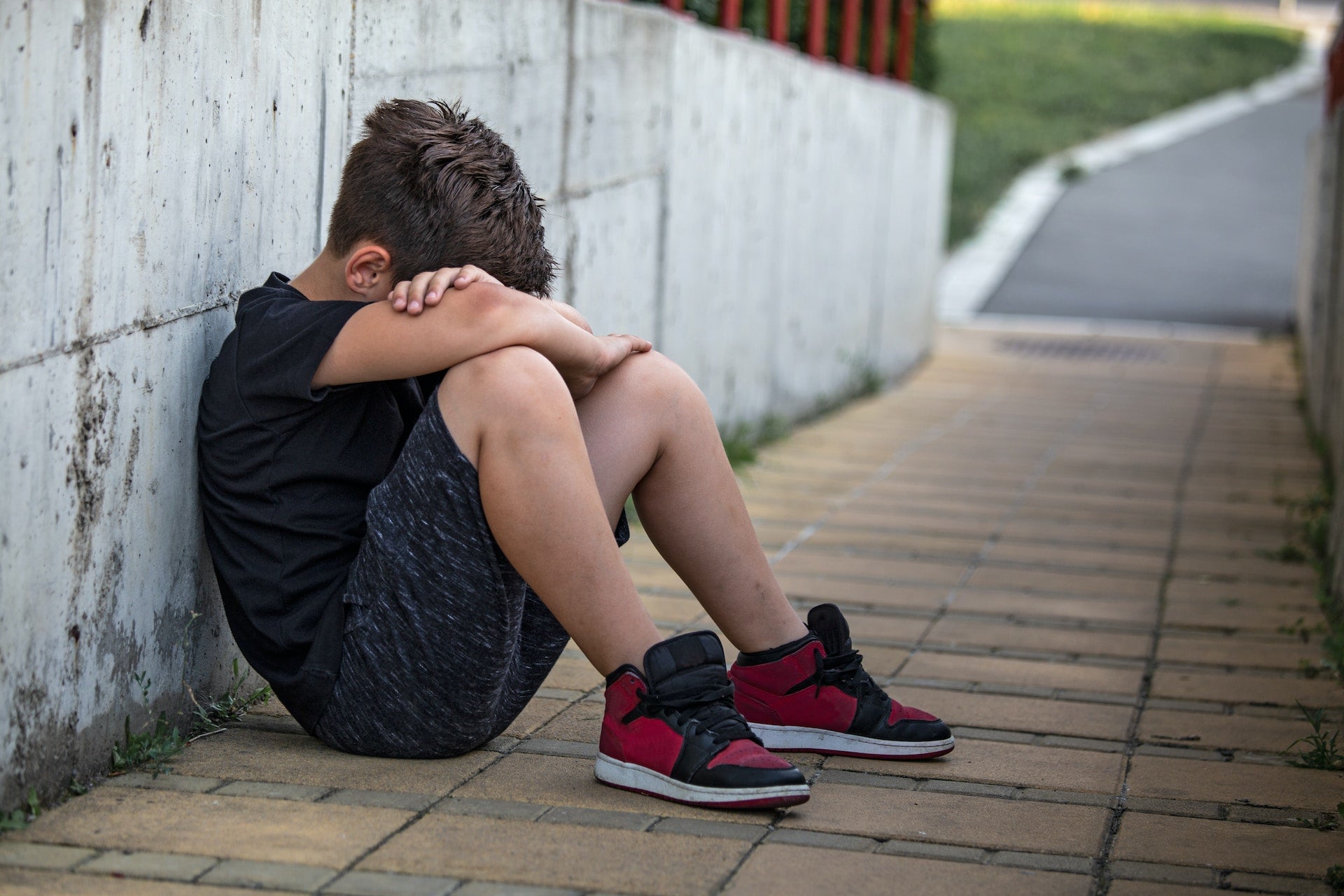Hygiene poverty is when a person can't afford everyday hygiene products. Common items include soap, paper towels, toilet paper, menstrual products, and laundry detergent. Each person going through hygiene poverty experiences it differently.
For community college students, the impact of hygiene poverty is devastating. The hygiene poverty cycle creates anxiety that limits participation in the classroom. Students will skip classes to avoid judgment and ridicule due to a lack of hygiene.
But how big of a problem is hygiene poverty among community college students? The truth might surprise you.
The Reality of Poverty in Community Colleges
More than half of community college students experience basic needs insecurity.
This number comes from a five-year study conducted by The Hope Center from 2015-2019. It found 42% to 56% of students at two-year institutions experienced food insecurity. Meanwhile, 46% to 60% experienced housing insecurity. Rates of homelessness among two-year students also ranged from 12% to 18%.
These numbers have only continued to grow. Students now face new financial challenges of living in a post-pandemic world. A fact that The Hope Center’s most recent study from 2020 confirms: Of the two-year college students surveyed, 61% experienced basic needs insecurity.
Barriers to support
Unfortunately, it's not always easy for college students to access support. The Hope Center’s 2020 study found that only 18% of students received Supplemental Nutrition Assistance Program (SNAP). The research also showed that 52% didn’t receive support because they didn't know how to apply for it.
Support services for college students also often focus on food and shelter. Personal hygiene products are typically overlooked. For example, students can't use SNAP for pharmacy products or personal care items. Since products like soap and toothpaste aren't food, the program doesn't cover them.
This lack of support puts students in a tough spot. It forces them to choose between paying for food and rent or buying essential hygiene items.
The Importance of Hygiene for Success in Community College
Personal hygiene not only affects a student’s physical health by preventing disease, but it also impacts their mental and emotional well-being.
A 2022 report from The Hygiene Bank backs this up. In the study, 3 in 5 people said hygiene poverty harmed their mental health. They reported that they felt anxious, depressed, and embarrassed all because they couldn't access personal care items.
Anxiety and depression lower a student's self-esteem. This, in turn, can impact their education and college experience.
The impact of poor hygiene on academic performance
Poor hygiene can lead to low confidence, especially in a classroom setting. Students who feel ashamed of their appearance are less likely to take part. They don't want the spotlight on them. This embarrassment holds them back from asking questions and seeking help.
Hygiene poverty is also distracting for college students. It's hard to stay on task or focus on a lesson when basic needs haven't been met.
Not only can poor hygiene affect participation, but it can also impact attendance. Students start to isolate themselves and withdraw. This is especially evident when students lack access to feminine products.
A 2022 study by the Journal of Global Health Reports confirms resources are lacking. It found that 14.2% of college students who menstruate couldn't afford tampons or pads over a year. Of those surveyed, 10% of menstruating college students experienced this monthly.
Some students miss exams because they don't have essential hygiene products. Others could hold back from attending TA classes and group study sessions.
Added educational support helps students do well in school, but not if they don't feel comfortable accessing them. Over time, missed study sessions and classes will lead to poor grades and performance.
Hygiene poverty also limits a college student's opportunities. If students are ashamed of how they look, they'll be less likely to take advantage of office hours.
Building a relationship with a professor is often an important part of college. It opens doors for future jobs and gives students a lifelong mentor. Without proper access to hygiene products, students might also not apply for internships. Interviewing is difficult when you don't have clean clothes to wear.
How Provision Promise is Helping College Students Break the Cycle of Poverty
Lack of hygiene products traps students in a cycle of poverty. Provision Promise wants to break this cycle. We want to help college students access the hygiene items they need. That way, they can focus on their well-being and development. Through the right support, they can lift themselves out of poverty.
At Provision Promise, we raise funds for essential care items. These products include toothpaste, toothbrushes, deodorant, feminine hygiene products, diapers, and more.
By providing household essentials, we can help community college students. Together, we can break the cycle of hygiene poverty and pave a brighter path for the future.








Leave a comment